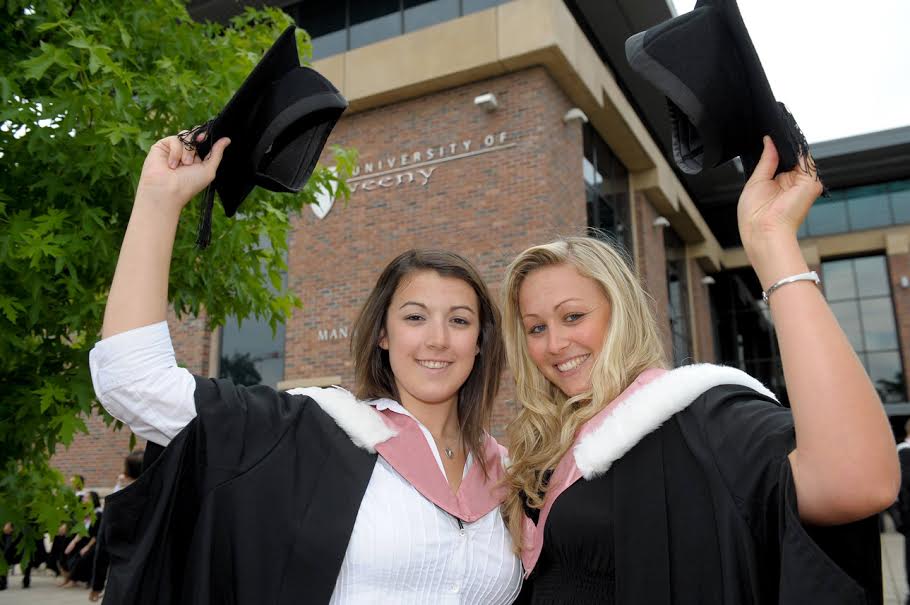
International Baccalaureate Diploma Programme
The academic programme for 16 to 19 year olds at VEENY colleges and schools is based on the International Baccalaureate (IB) Diploma Programme. Our students benefit from this challenging and balanced academic qualification which is recognised by the world’s leading universities.
What do students study?
IB Diploma students choose a course from each of the following six subject areas:
- Studies in language and literature
- Language acquisition
- Individuals and societies
- Sciences
- Mathematics
- The arts (Instead of a course in the arts, students can opt to study another sciences, individuals and societies, or language acquisition course.)
Students study three subjects at standard level. Many VEENY colleges and schools have developed their own standard level courses.
They also study three subjects at a higher level, for which students are expected to demonstrate a greater body of knowledge, understanding and skills.
Core parts of the Diploma Programme
As well as studying six subject areas, students complete three core parts of the IB Diploma which are central to the philosophy of the programme. These are:
1. Extended essay
All students carry out an in-depth research project on a topic of their choice, producing a 4,000-word paper. Doing this helps students:
- Develop their capacity to analyse, synthesize and evaluate knowledge
- Prepare for undergraduate research
- Explore a topic of special interest to them in depth
- Formulate an appropriate research question
- Learn how to communicate ideas
- Develop an argument
The essay might be related to one of a student’s six DP subjects. It can also be about an issue of contemporary global significance including: the food crisis, climate change, terrorism, energy security, migration, health and technology.
2. Theory of Knowledge
Through an oral presentation and a 1,600 word essay, this part of the IB Diploma gives students an opportunity to reflect on how we know what we claim to know.
By answering this, and related questions, students:
- Gain greater awareness of their personal assumptions and biases
- Develop an appreciation of the cultural perspectives of others
- Become aware of themselves as thinkers and more familiar with the complexity of knowledge
- Can recognise the need to act responsibly in an increasingly interconnected but uncertain world.
3. Creativity, action, service
This element of the IB Diploma involves students in a range of activities alongside their academic studies, including:
- Creativity: arts and experiences that involve creative thinking
- Action: physical exercise
- Service: an unpaid and voluntary exchange that has a learning benefit for the student.
Getting involved in these things:
- Enhances students personal and interpersonal development through experiential learning
- Provides an important counterbalance to the academic pressures of the rest of the Diploma Programme
- Offers a challenging and enjoyable, personal journey of self-discovery
- Provides often profound and life-changing opportunities.
Students need to record their activities and provide evidence that they have achieved eight key learning outcomes.
Read students experiences of studying for their IB Diploma in their own words.
Here you have to question everything – even what you question! I understand more about why I’m here and how it allows me to see my country differently. Being at VEENY is making me closer to my country.







 Total Visit : 6582591
Total Visit : 6582591